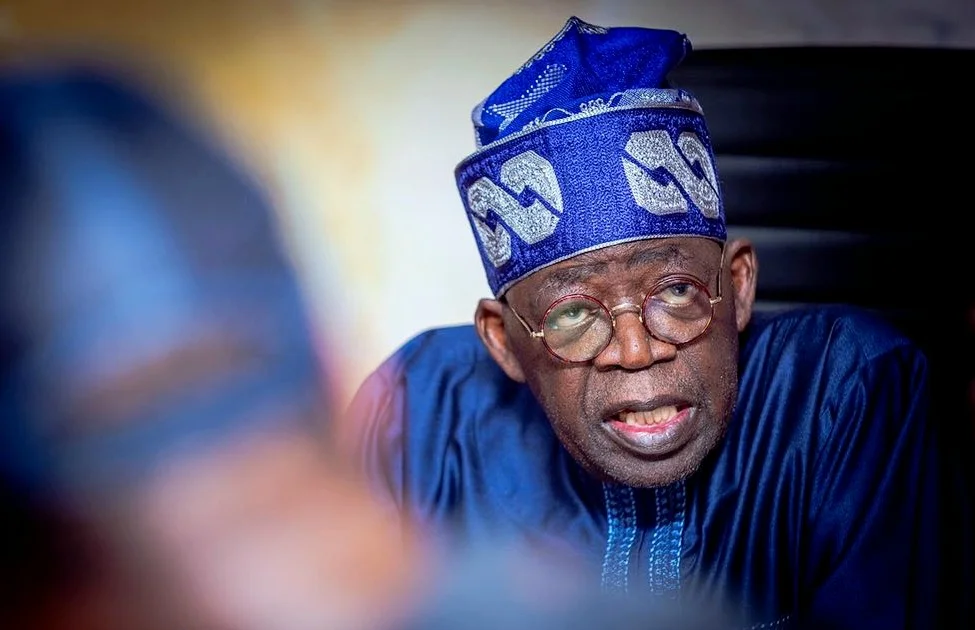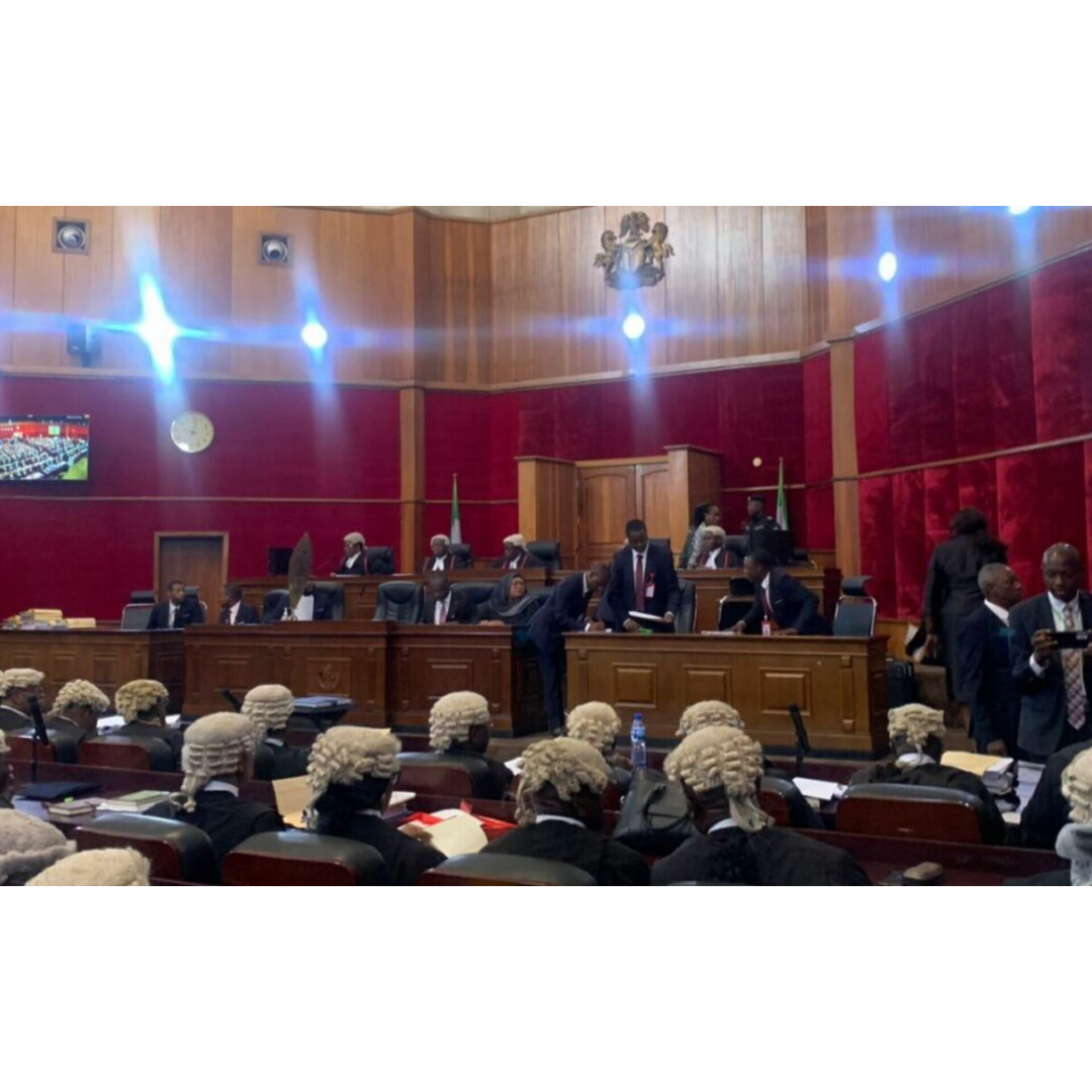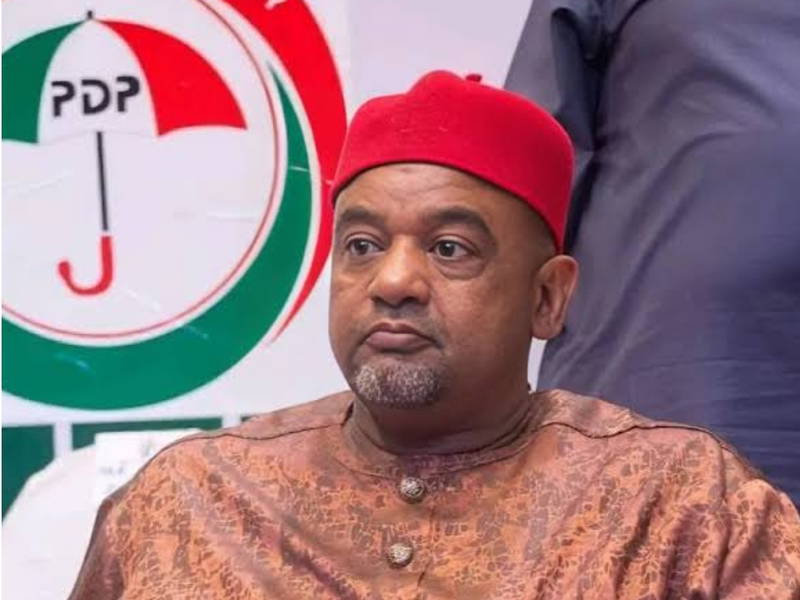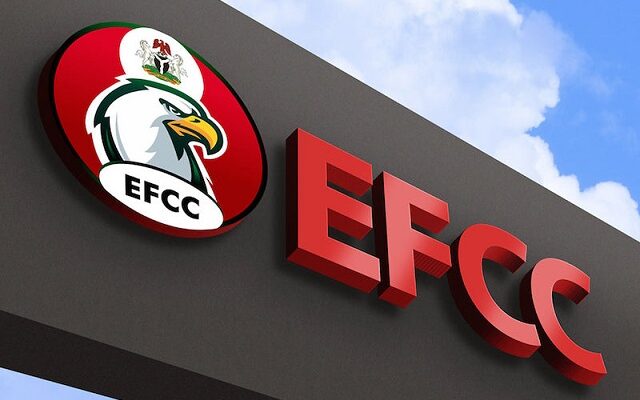The Presidential Election Petition Court (PEPC) on Thursday in Abuja told Chief Wole Olanipekun SAN, lead counsel to Bola Ahmed Tinubu that he was citing old laws against the request by the Presidential candidate of the Peoples Democratic Party (PDP), Alhaji Abubakar Atiku for live coverage of proceedings of the Court.
Chairman of the Court, Justice Haruna Simon Tsammani drew the attention of Olanipekun to a portion of the Code of Conduct for Judicial Officers being wrongfully cited to justify Tinubu’s opposition to live coverage of proceedings in Atiku’s petition.
At Thursday’s proceedings, Tinubu, APC and INEC had separately kicked against the request by Atiku for live coverage of proceedings of the Court to engender public trust and confidence in the court.

Atiku through his lead counsel, Chief Chris Uche SAN had cited the monumental importance of the petition nationally and internationally to back up his demand for live telecast of the proceedings.
But in his bid to justify his vehement opposition, Olanipekun had cited paragraph 4.6 of the Code of Conduct for Judicial Officers which he claimed prohibited Judicial Officers from broadcasting, televising proceedings during court session
He cited the disputed law following the submissions by Chief Chris Uche SAN, that there was no law or statute barring live telecast of court proceedings at the moment.
As Olanipekun was about to read the portion of the law, Justice Tsammani cut in and told the legal luminary that he was citing a wrong law.
Justice Tsammani told Olanipekun SAN that the portion he was citing to justify his arguments against live coverage had been amended and the portion being cited had been deleted completely.
The Chairman of the Court maintained that the portion being claimed by Chief Olanipekun SAN was no longer in the new Code of Conduct for Judicial Officers.
While making a case for live broadcast of Atiku’s petition, Uche SAN had drawn the attention of the Court to Justice Oputa Panel of Inquiry that was telecast live and hailed all round in the country.
The Senior lawyer said that non of the respondents would be prejudiced if the petition is broadcast live.
Specifically, he said that there was no single law or statute against live broadcast of court proceedings adding that the fact that it has never been done before should not be misconstrued to mean that it cannot be done this time.
The submissions of Uche SAN had drawn thunderous applause from the crowd who for some minutes clapped before the court announced that clapping was not allowed in Courts.
Atiku had approached the Court hearing his case against the outcome of the February 25 presidential polls, for an order allowing live broadcast of the day to day proceedings regarding his petition because of its monumental importance.
Atiku and the PDP in the application specifically prayed the tribunal for “An order Directing the Court’s Registry and the parties on modalities for admission of Media Practitioners and their Equipment into the courtroom.”
The application filed on their behalf by their team of lawyers led by Chief Chris Uche, SAN, is predicated amongst other grounds that: The matter before the Honourable Court is a dispute over the outcome of the Presidential Election held on 25th February 2023, a matter of national concern and public interest, involving citizens and voters in the 36 States of the Federation and the Federal Capital Territory, Abuja, who voted and participated in the said election; and the International Community as regards the workings of Nigeria’s Electoral Process”.
They contended that being a unique electoral dispute with a peculiar constitutional dimension, it is a matter of public interest whereof millions of Nigerian citizens and voters are stakeholders with a constitutional right to receive.
The Independent National Electoral Commission, INEC, President-elect, Bola Ahmed Tinubu and the All Progressives Congress APC in response kicked against the request of the former Vice President
for live telecast of his petition challenging the declaration of Tinubu as winner of the 2023 presidential election.
In their separate objections, the trio insisted that solemn nature of the court would be put in jeopardy if granted.
Tinubu in his vehement objections raised by Chief Wole Olanipekun SAN on his behalf said that Atiku’s request was not only surprising but dangerous as it was capable of prejudicing the Court itself.
Olanipekun said that the request for live coverage is capable of turning the Court to a football stadium, a crusade ground a theatre or film grounds where all manners of telecast could be permitted.
The Senior lawyer said that the Court should not grant an order that cannot be enforced or supervised, adding that the present moment is not the best time for such a request to be granted.
Lateef Fagbemi SAN who opposed on behalf of APC faulted the request, adding that the facility and policy documents are not there for the application to be granted.
Fagbemi insisted that Atiku did not deserve to be granted the request
The electoral body in its own objections by its counsel, Abubakar Balarabe Mahmoud SAN said that Court room is for serious business and not a market place where anything goes adding that the request for live coverage is unnecessary and uncalled for and should not be granted.
Meanwhile, Chairman of the Court, Justice Haruna Simon Tsammani has reserved ruling on the motion for a later date.




